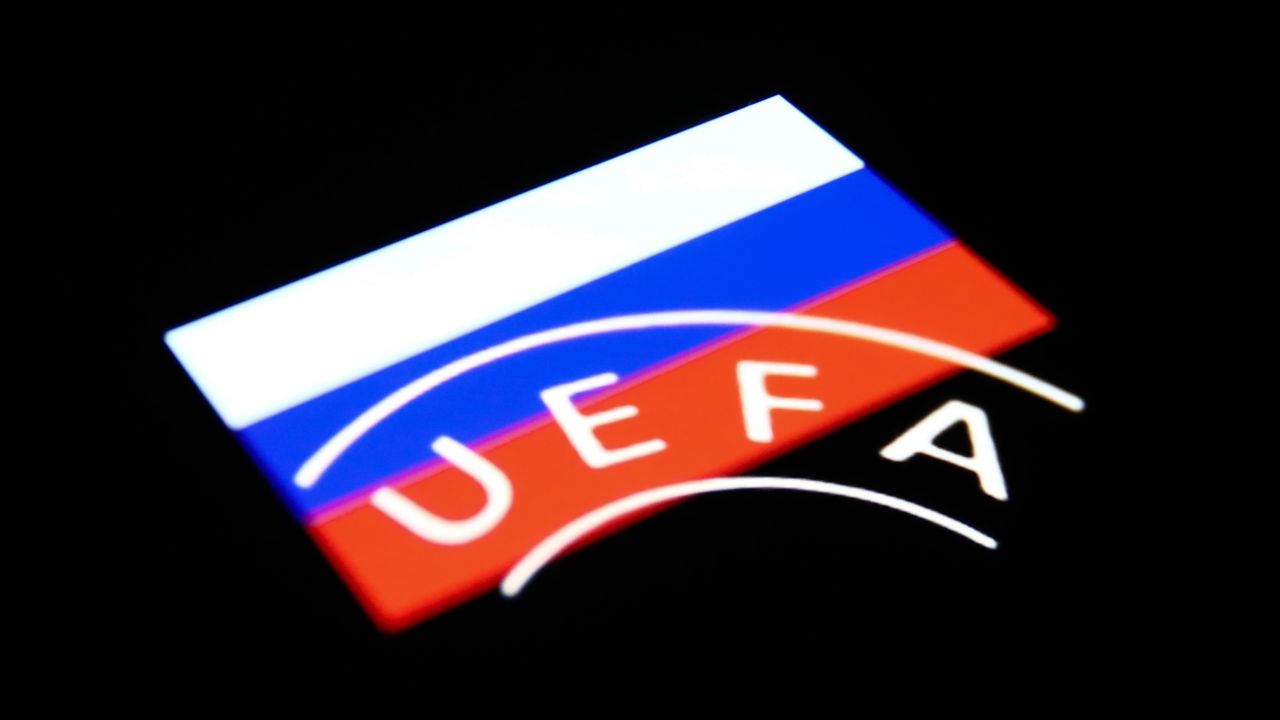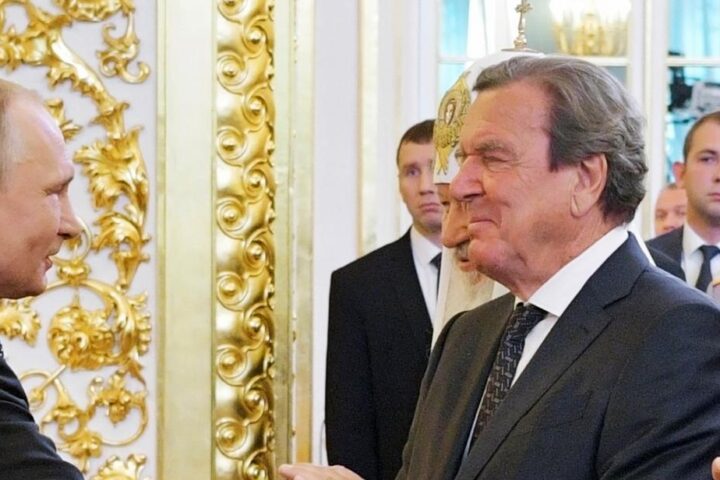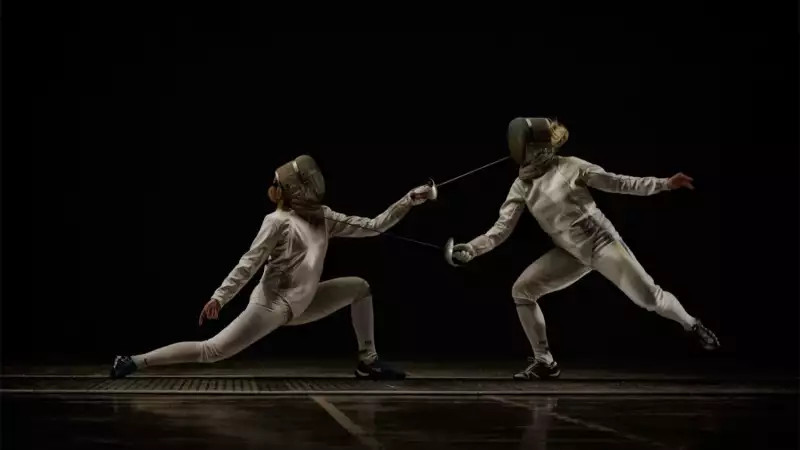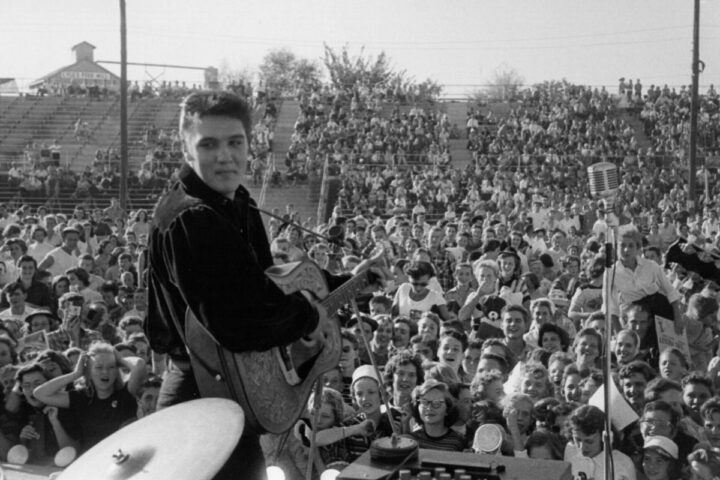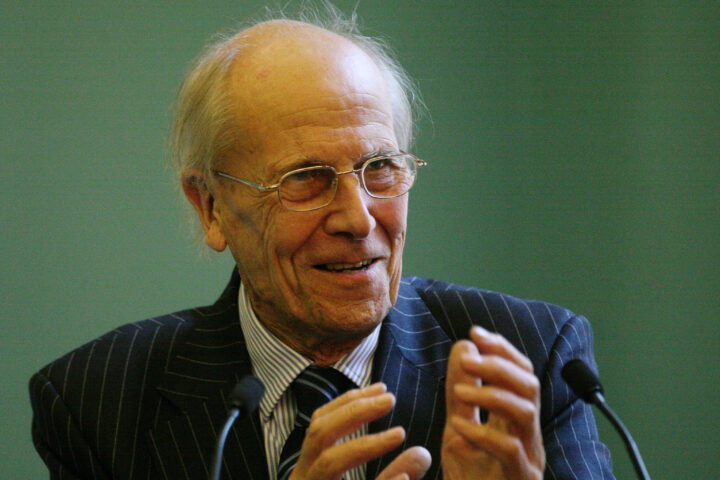UEFA has disbursed over €10.8 million in solidarity payments to Russian football clubs since the Kremlin’s invasion of Ukraine, despite banning these teams from European competitions. According to The Guardian, the funds aimed to support clubs excluded from UEFA tournaments to maintain competitive balance in their national leagues.
Payments continued despite suspension of Russian teams from international play
Russian clubs and the Football Union have received annual solidarity payments from UEFA even after their suspension. The Football Union reportedly got €3.305 million in 2022/23, €3.381 million in 2023/24, and €4.224 million in 2024/25 seasons. In 2021/22, before the war escalated, payments totaled €6.209 million. These funds are meant for distribution among domestic clubs, even as Russia remains barred from international matches.
Ukrainian clubs complain over delayed solidarity payments amid war
Five Ukrainian clubs — Chornomorets Odesa, Real Pharma, Metalurh Zaporizhzhia, Feniks Mariupol, and Metalist 1925 Kharkiv — formally appealed to UEFA president Aleksander Čeferin on July 27, denouncing delays in receiving solidarity payments for the 2023/24 and 2024/25 seasons. UEFA attributed the hold-up to unclear Swiss banking requirements linked to the geographic location of clubs within “combat zones.” The clubs criticized this reasoning, noting that the entire country is affected by Russia’s military aggression.
UEFA’s handling sparks criticism over ethics and transparency
The ongoing financing of clubs from the aggressor country threatens UEFA’s reputation, eroding trust among fans and sponsors who expect moral standards in football governance. Critics highlight a lack of transparency in UEFA’s decisions, which fuels perceptions of double standards and damages the organization’s legitimacy. The silence from UEFA after initial promises to clarify the issue further aggravates concerns about inconsistent application of solidarity principles.
Solidarity principle undermined by contrasting treatment of Ukrainian and Russian clubs
European solidarity in sport traditionally supports victims of conflict while sanctioning aggressors. UEFA’s payments to Russian clubs alongside withholding aid from Ukrainian teams contradict this ethos. Ukrainian clubs battling under war conditions receive no comparable assistance, exposing a gap between UEFA’s rhetoric and actions. This discrepancy risks turning the football governing body into a symbol of bureaucratic convenience rather than a defender of fairness and ethical responsibility.
